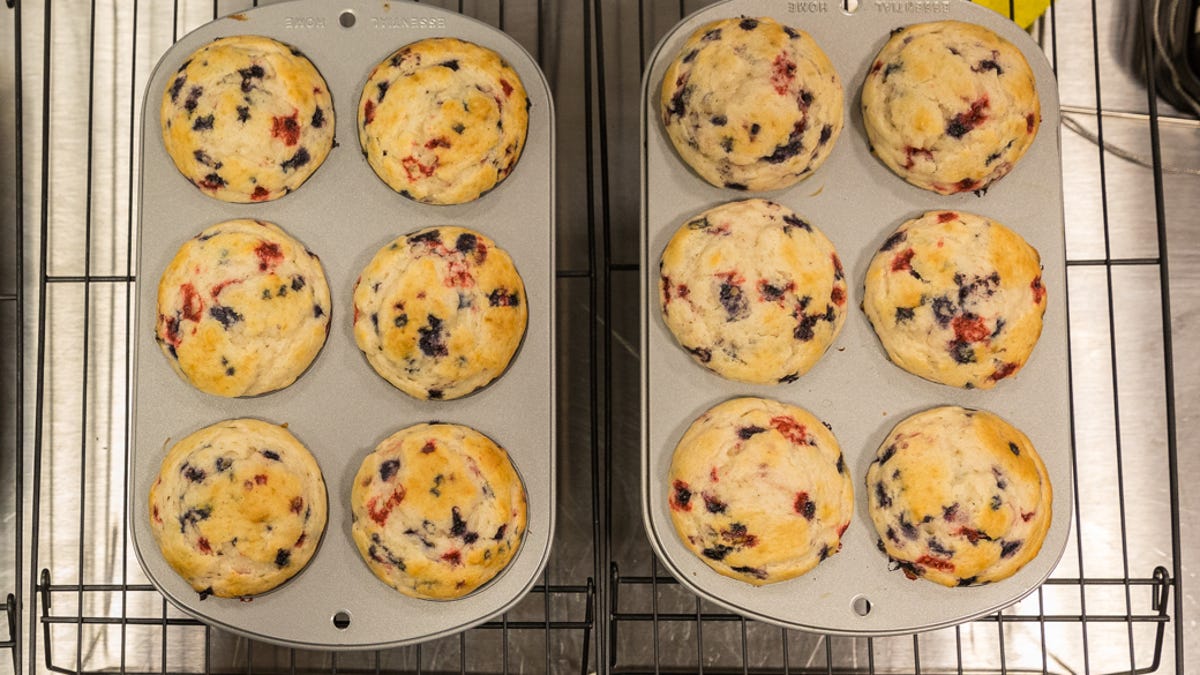Stop using the wrong pans when baking
The type of pan you use to make brownies or casserole matters.

Is the right pan the secret to a great cake or fantastic brownies? You can bake casseroles and desserts in a many different types of pans. But the real question is, which kind of pan produces perfect results every time?
Some materials are better at conducting heat (which means they get hot quickly), while others heat slowly but evenly. Some require special washing and storage considerations, while others can handle a lot of abuse.
How do you decide between stainless steel, copper, aluminum, cast iron and glass baking pans? Let's find out.
Stainless steel
On most cooking shows, you'll see the chefs using stainless steel pans and cooking sheets. They are a pro choice because they heat quickly and evenly. You can also pop these bad boys in the dishwasher because they are super durable.
The huge downside? Stainless steel isn't non-stick. It takes a lot of preparation to bake with this material without ending up with a crusty, stuck-on mess.
Copper
Copper pans are the best at conducting heat, providing quick, even baking.
The problem with copper pans? They are expensive and aren't very durable. Plus, they will develop a patina over time and need to be polished to get them back to that beautiful copper sheen. They aren't dishwasher safe, either, so you'll be committed to washing them by hand.
Aluminum
While aluminum pans distribute heat well and are inexpensive, they aren't very durable, nor are they non-stick. Avoid them in favor of something more durable.
Aluminum oxide pans are the exception to the no-aluminum rule. They are made from aluminum that has gone through a treatment process that makes them very durable and somewhat nonstick. Look for pans labeled as anodized aluminum to get the durability and semi-nonstick surface.
Cast iron
Cast iron pans have been used for centuries. While they are more expensive than most other materials, they are the most durable. These pans are often passed down from generation to generation, in fact. Another great feature is that they can be seasoned to be nonstick.
Cast iron has two downsides, though. It is much harder to take care of than other materials because it tends to rust easily. The pans are also very heavy.
Glass
I love my glass baking pans because they don't dent or rust. They also heat slowly, but very evenly. They're perfect for baking breads and casseroles evenly.
Glass pans are also the best choice when you're baking acidic things like lemon curd or tomato-based casserole. Acids in foods can react with metal pans and give your finished dish a metallic taste.
If you're cooking quickly at high temperatures, though, like when using the broil setting, metal is a better bet. Glass used in high heat can shatter.

